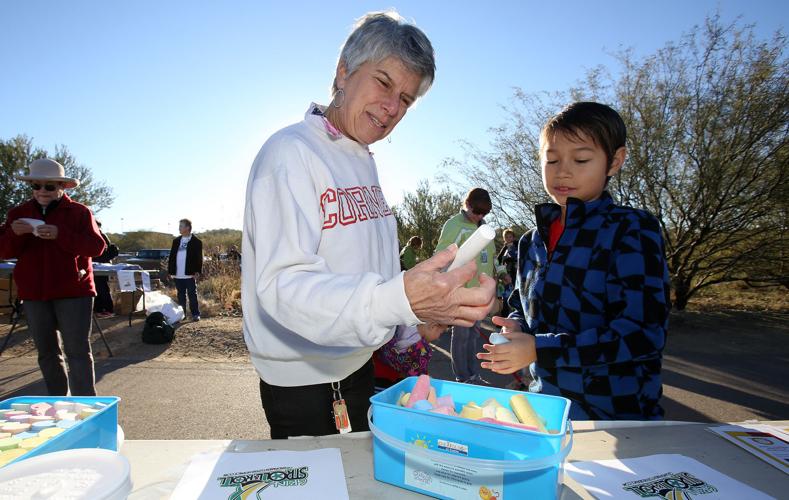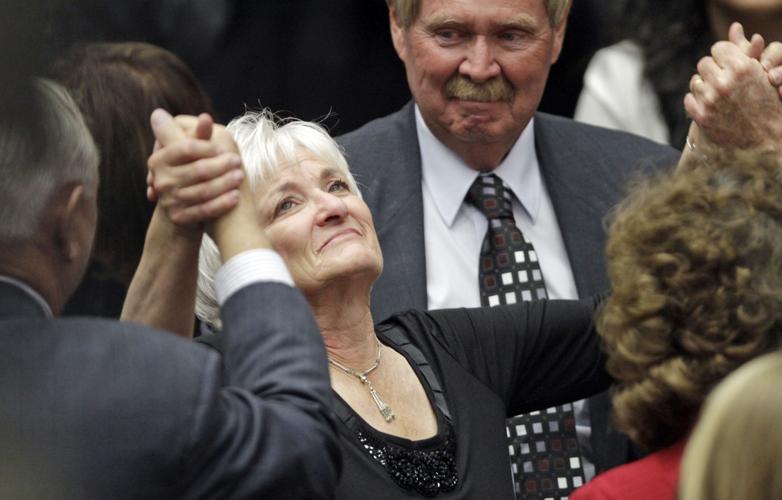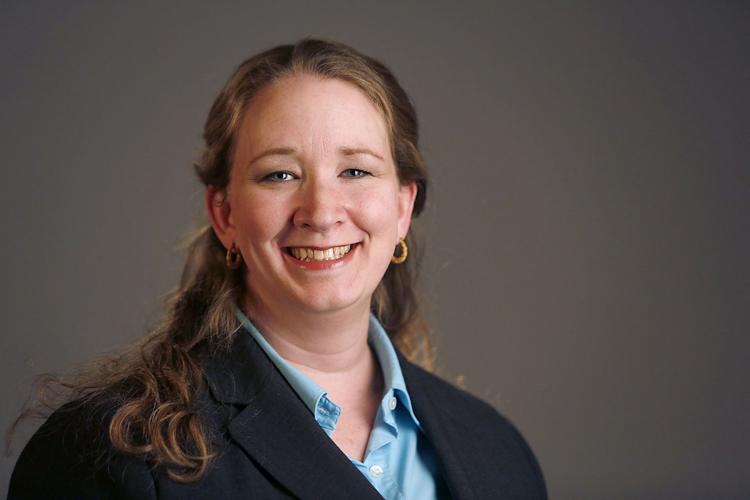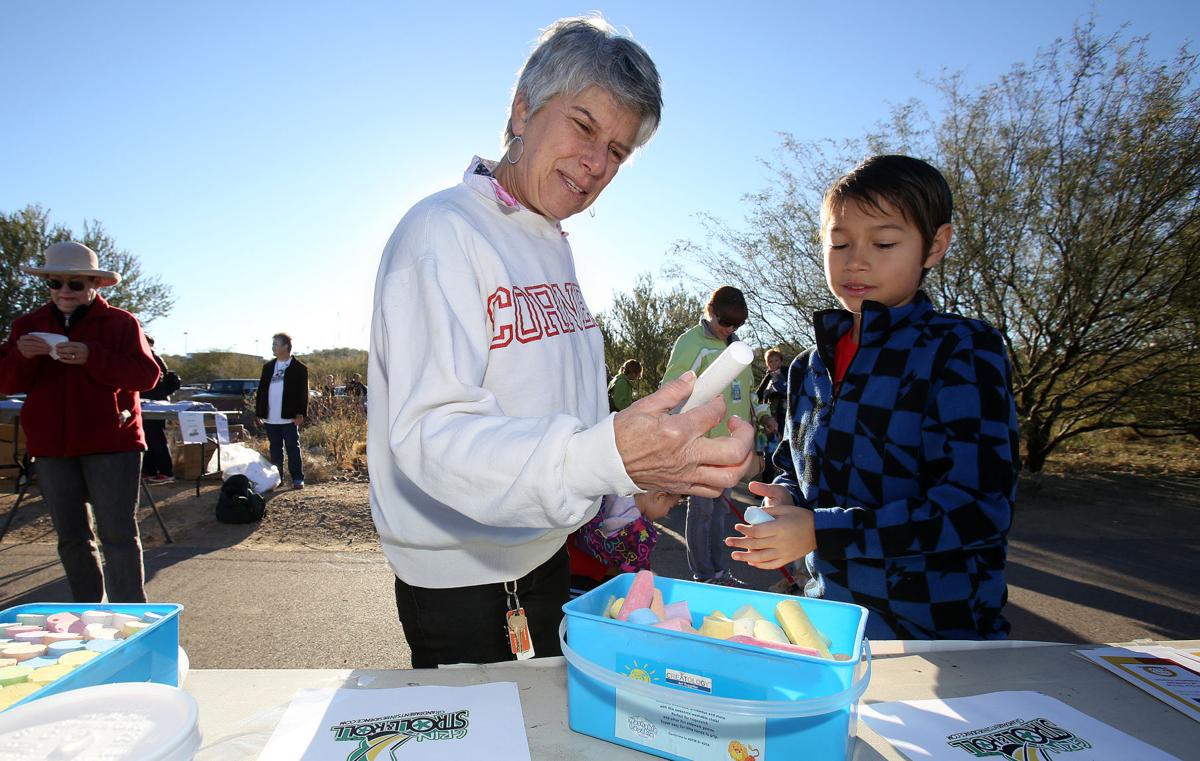It’s been 10 years.
Ten years since the perpetrator took a cab to the Safeway at Ina and Oracle and used his firearm to murder six Tucsonans and physically injure 13 people who had gathered on a normal sunny winter morning to meet with their congresswoman, Gabby Giffords.
Anniversary isn’t the right word to designate this day — we celebrate anniversaries. Observance, commemoration, remembrance. None is quite accurate. I’m going with what survivor Patricia Maisch says: We mark the day.
We mark the day these Tucsonans were taken from their friends, families and community: Christina-Taylor Green, 9; Dorothy “Dot” Morris, 76; U.S. District Judge John M. Roll, 63; Phyllis Schneck, 79; Dorwan Stoddard, 76; and Gabriel “Gabe” Zimmerman, 30.

Patricia Maisch raises her arms in hope with others on Jan. 12, 2011, during a memorial event titled “Together We Thrive: Tucson and America” at McKale Center to honor the victims of the mass shooting.
When Maisch tells of that day, how she grabbed ammunition away from the perpetrator before he could reload after Bill Badger and Roger Salzgeber tackled him, how he shouted that she was hurting him as she pinned his ankles to the ground with her knees, her voice quiets to steel.
Maisch has shared her experience in front of Congress, at rallies, in interviews, comforting other survivors and trying to convince lawmakers to do something to stop gun violence, to not make it so damn easy to acquire a firearm in the United States.
Today we’re facing an additional pandemic, which like gun violence spreads through our culture, killing thousands of people even while others refuse to acknowledge the danger is real and lethal.
COVID-19 has changed how we can come together. The vigils and gatherings of years past are gone, and comfort must come through a screen, via the written word or a voice on the line. Tucsonans held the victims’ loved ones and the survivors so close back then, and survivors have said they remember how that love and support helped them.
Changes thread through the stories of Jan. 8 and its aftermath. Personal changes, of course, but also changes that have taken public shape. The drive to protect others from experiencing the suffering we have endured is powerfully human.
Patricia Maisch, Mary Reed, Pam Simon and others have turned the horror they saw, heard and felt as they learned firsthand what bullets do to flesh and bone into becoming powerhouse activists with gun safety reform organizations.
I’ve gotten to know these women. They are undeterred by and unafraid of intransigent politicians, the wealthy NRA gun lobby or anyone with the indecency to try to “there, there — you’re just being emotional” them into submission.
The January 8 Memorial, "The Embrace", will open on the anniversary of the mass shooting in 2011 to commemorate the 19 victims. The memorial is on the west side of the Old Pima County Courthouse in El Presidio Park. Video by Kelly Presnell / Arizona Daily Star 2020
Finding a way through grief is intensely personal. And it’s almost never direct.
Suzi Hileman, who survived being shot, has found a home at Prince Elementary School. She was first invited in early spring 2011 to judge a student photo contest. A kindergarten teacher, whose students had written stories about happiness, asked if they could please read them to her? Of course.
The Prince kids that year, like the rest of Tucson, knew her story. They asked questions — What does getting shot feel like? Could they see the bullet holes? — and she became a regular on campus, the Official Adopted Grandmother of Prince Elementary School.
Grandma Suzi makes sure the kids know about her 9-year-old friend, Christina-Taylor Green, who went with her to meet Gabby Giffords and was killed. “It’s a way of keeping her alive for me,” she said. “It’s my best way to honor her.”
And she makes sure every child knows that when you see a gun, you run.
“I’m a living, breathing example of what happens when someone doesn’t use their words and uses a gun instead,” she tells them. She’s no longer surprised how many kids have friends or family members who have been shot or pulled the trigger at someone else.
Hileman started her nonprofit GRandparentsINresidence (GRIN) to raise money to buy books, kids’ shoelaces and more for Prince Elementary and to encourage others to volunteer. She revived the school garden and spent recess time on Wednesdays supervising Garden Club, advising kids on planting and listening to whatever they want to talk about. Suzi still meets a fifth grade class over Zoom once a week to chat about gardening.
Last Jan. 8 she stood on the playground, threw open her arms and said to the world: “Grandma needs a hug!” Kids flocked from every direction and formed a hug line so they didn’t knock her over.
“The sad is overwhelming. It’s impossible to be sad when little ones are hugging you. I can’t focus on the losses when there’s all this potential in front of me,” she said.
Progress treating gun violence as a public health emergency will be made — in part because so many of those directly affected have turned to elected office to become the people who make decisions.
Dr. Randy Friese treated gunshot trauma victims that day at University Medical Center. Daniel Hernandez Jr. was a brand new Giffords congressional office intern 10 years ago. Both men say their experience prompted them to run for the Arizona Legislature. Both were reelected in November.
Ron Barber, then working for Giffords, survived the bullets and went on to represent Giffords’ district in Congress after she retired. He has been working for Congresswoman Ann Kirkpatrick.
Gabby’s husband, Mark Kelly, now represents Arizona in the U.S. Senate.
The friends and family of Giffords staffer Gabe Zimmerman created Beyond, an organization that promotes health and well-being and sponsors outdoor events to get people involved in our community.
As we mark the 10 years since the mass shooting that changed Tucson, let’s remember our resiliency, kindness and follow the example of survivors who are showing us the way forward in so many good ways.
2011 Tucson mass shooting victims
Christina-Taylor Green
Updated
Killed: Christina-Taylor Green, age 9.
Judge John Roll
Updated
Killed: Federal Judge John Roll, District of Arizona
Gabe Zimmerman
Updated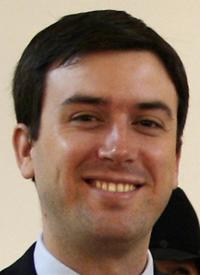
Killed: Gabe Zimmerman, aide to Rep. Giffords.
Phyllis Schneck
Updated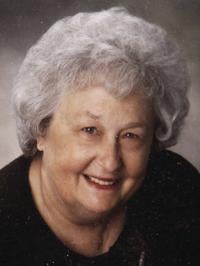
Killed: Phyllis Schneck
Dorothy Morris
Updated
Killed: Dorothy Morris
Dorwan Stoddard
Updated
Killed: Dorwan Stoddard, 76
Gabrielle Giffords
Updated
U.S. Rep. Gabrielle Giffords, pictured after treatment for a gunshot wound to the head.
Bill Badger
Updated
Bill Badger, a retired Army National Guard colonel, was grazed by a bullet on the back of his head yet he was one of the men who tackled Jared Lee Loughner and prevented him from reloading his gun. "I'm a little more jumpy than I was before," he said. "If I hear, you know, a door slam or something, or a loud noise, why - you jump."
Ron Barber
Updated
Ron Barber, director for Rep. Gabrielle Giffords' district office, sits in his Tucson office on his first day back to work in the July 5, 2011 file photo. It appears more and more like Barber will run for her seat in the special election.
Ken and Carol Dorushka
Updated
Ken Dorushka was shot in the forearm as he shielded his wife, Carol. "I find myself watching people a little more closely than I used to. I saw a guy in the grocery store walking around with a gun on his hip, and that disturbed me tremendously."
Eric Fuller
Updated
Eric Fuller, who was shot twice, feared he would be unable to play tennis, but he has resumed playing. However, his emotional recovery has not been so smooth. He was taken for a mental-health evaluation at Palo Verde Hospital, where he spent several days, after disrupting a town-hall-style television program in the aftermath of the shootings.
Randy Gardner
Updated
Randy Gardner was shot through the right foot, just below the ankle, as he chatted with retiree Phyllis Schneck, who died in the shooting. "The doctors told me it was miraculous it didn't hit any bone," Gardner said.
Suzi Hileman
Updated
Suzi Hileman touches Pima County Sheriff's Deputy Gilbert Caudillo, who helped Hileman after she was shot in the chest and right hip. "He saved my life," she said of Caudillo. "I'm only here because of that."
George Morris
Updated
George Morris was shot in his back and lower left leg as he tried in vain to shield his wife, Dorothy, from a spray of gunfire. "This is someone I fell madly in love with when I was 16," he said. "I miss her terribly."
Mary Reed
Updated
Mary Reed was shot in the arms and back as she shielded her 17-year-old daughter, Emma McMahon. She also suffered shrapnel wounds to the face and leg. Reed's whole family - her husband, Tom McMahon, and their two teenagers - was in line to see Giffords when gunfire erupted. "They can never forget it," Reed said. "But I'm hoping they heal."
Pam Simon
Updated
Rep. Gabrielle Giffords' community outreach coordinator, Pam Simon, was shot in the chest and through the right wrist. The bullet that entered her chest lodged in her upper hip. "I am very lucky. The doctors are still scratching their heads," Simon said. "Quite miraculously, other than chipping my pelvic bone, the bullet did not damage any internal organs."
Mavanell "Mavy" Stoddard
Updated
Mavanell "Mavy" Stoddard was shot three times in the legs. Stoddard also lost her husband, Dorwan "Dory" Stoddard, who died as he shielded Mavy from the gunfire. "I have to go to my good memories of a wonderful man and not dwell on the bad," Stoddard said.
Jim Tucker
Updated
Jim Tucker, pictured with Giffords and his wife, Doris, moments before the shooting, was shot in the calf and the the right collarbone. The bullet that hit his collarbone split apart and lodged in various parts of his back. One fragment cracked a vertebra. The photo shows government working the way it's supposed to work, he said. "She was doing the thing she does best. She listens to constituents." Doris wasn't injured in the attack.


